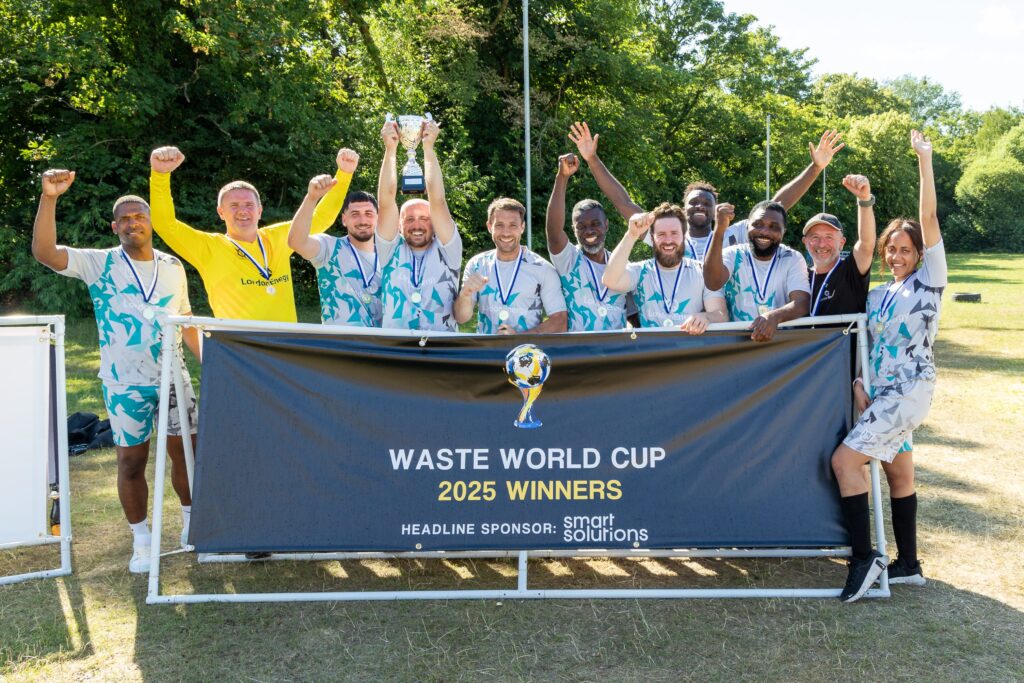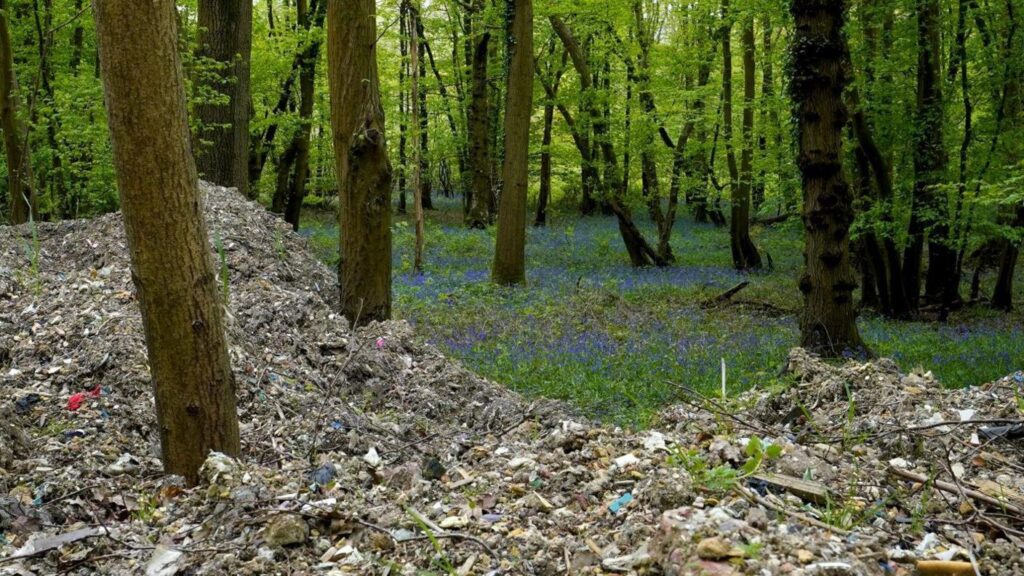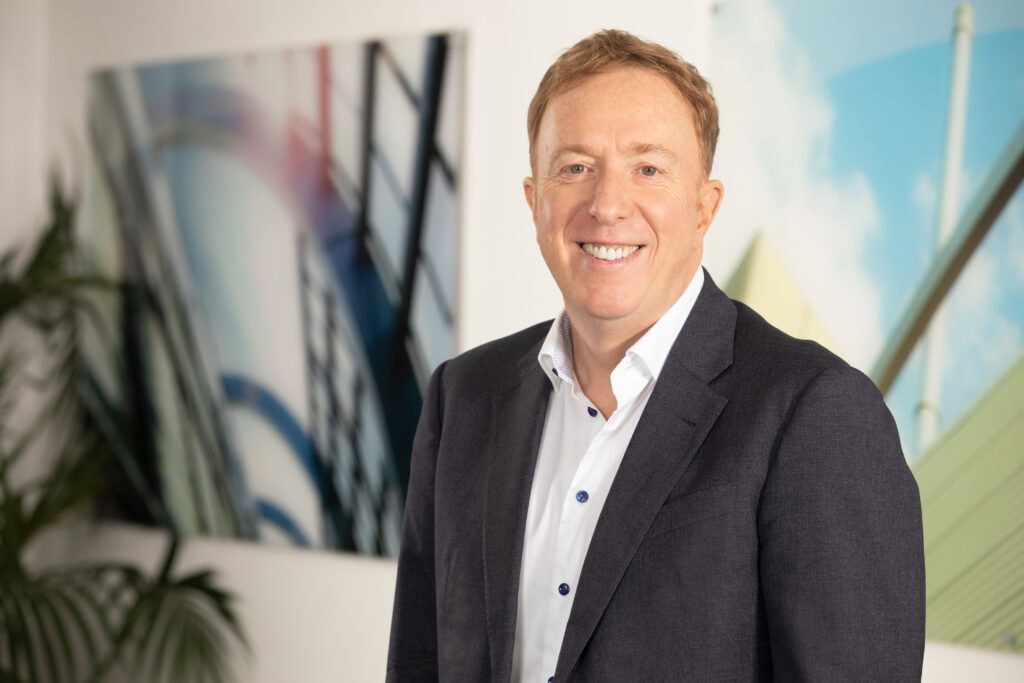The Bridgend-based company, which is backed by the Welsh Assembly's small business support agency Finance Wales, told letsrecycle.com last week it intends to build four of its plants by the end of 2008.
A further six facilities will be dependent on Inetec sourcing enough food waste contracts.
A planning application has already been submitted for the first plant, to be built in the North East of England with a process capacity of 170,000 tonnes per annum. Subject to planning consent, this plant could be up and running by mid-2007.
Paul Danks, sales manager for the company, said once the first plant is operational, it would provide a showcase for the technology for supermarkets and commercial food waste producers.
Mr Danks said of his company's plans: “We know where the facilities need to be and we will start with one in the North East, North West, London and the South West. After that, we will look to the West Midlands, East Midland, right in the South, right in the North, Wales, Anglia and one between Glasgow and Edinburgh.”
The plants will accept both packaged and unpackaged food waste and both vegetable-based and meat-based food waste.
Inetec's “Thermochemical Treatment” system sees organic wastes ground up, with packaging materials shredded and water removed, then blended into a biofuel that is burned to generate energy. About a third of the energy produced is used in the system itself, with the remainder going to the national grid.
Mr Danks explained: “The electricity will go to the national grid, the steam will go back into the process itself and the hot water will be used to wash the plants and vehicles.”
| Related links: |
NISP
Inetec has received an offer of assistance from the National Industrial Symbiosis Programme, which is helping identify other possible sites for Inetec's facilities and possible feedstock for the facilities.
Mr Danks said: “They are talking about bringing clients to us and will advise companies that there is an alternative to landfill. That is more for when the plants are up and running.”








Subscribe for free